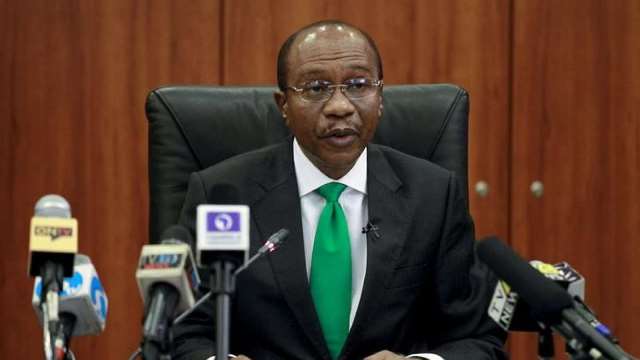The Central Bank of Nigeria (CBN) might have concluded plans to add milk and other dairy products to items on the foreign exchange restriction list with a view to boosting local production, and investment in ranches.
Insiderssay CBN Governor Godwin Emefiele expressly told operators that milk and other dairy products would be restricted from access to foreign exchange both at the official and parallel markets if they refuse to invest in ranches, a move he said would quell the ongoing farmers-herders crisis.
While ranching has become a controversial issue, especially with the Federal Government’s proposed RUGA policy, the bank’s approach could intensify the struggle for land between herders and farmers. Operators might also see the CBN as foisting the policy on them without recourse to an existing business model and the socio-ethnic concerns milk and meat may incite.
Arising from two meetings the CBN held within the last one week with dairy products manufacturers on the need to backwardly integrate and start investment in ranches, operators expressed concerns about the bank’s use of monetary policies to address fiscal issues.
They noted specifically that adopting ranching in other locations would be disruptive to their business strategy, and that the successful model for Nigeria would be driven by the conversion of pastoralist community breeds to better yielders through cross-breeding, milk collection, and the introduction of smallholder farming model.
The operators instead urged the CBN to ensure that the existing five per cent import duty on milk raw materials and access to forex remains for all dairy companies involved in backward integration with proof of on-ground facilities, milk collection, and usage.
They noted that powdered milk should remain a raw material or intermediary as this is used locally to produce several products consumed in the country. The capacity to produce powdered milk is not available in Nigeria, they said.
Powdered milk is produced by drying in a tower. This is very high on energy usage and other utilities which are not available
The former Minister of Agriculture and Rural Development, Audu Ogbeh, had said that milk worth $1.2 billion was being imported into the country yearly and that the yearly national dairy output and demand were estimated at 700,000 metric tonnes and 1,300 metric tonnes, leaving a supply gap of about 600,000 metric tonnes.
He explained that an average cow in the country produces less that one litre of milk per day, compared to other climes where a cow could produce 100 liters per day and that moving cows from place to place is a major problem affecting the animals and milk production in Nigeria.











